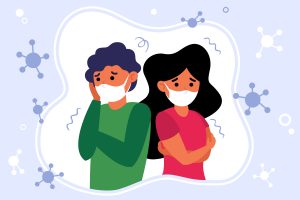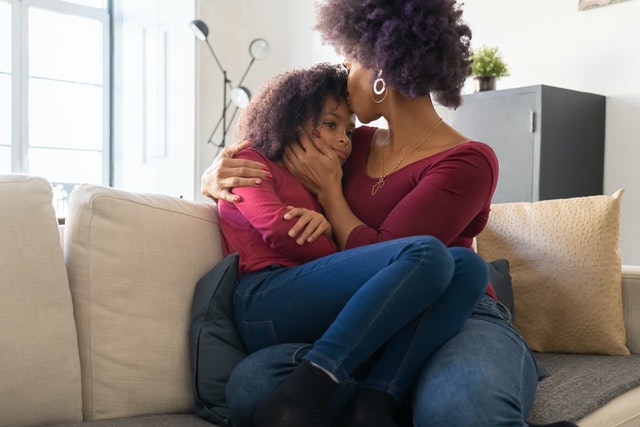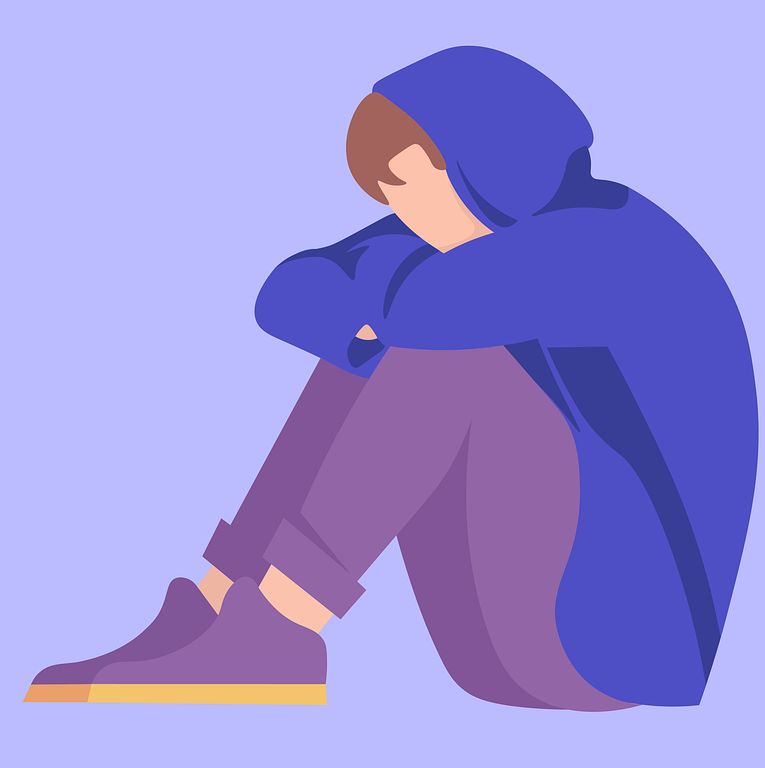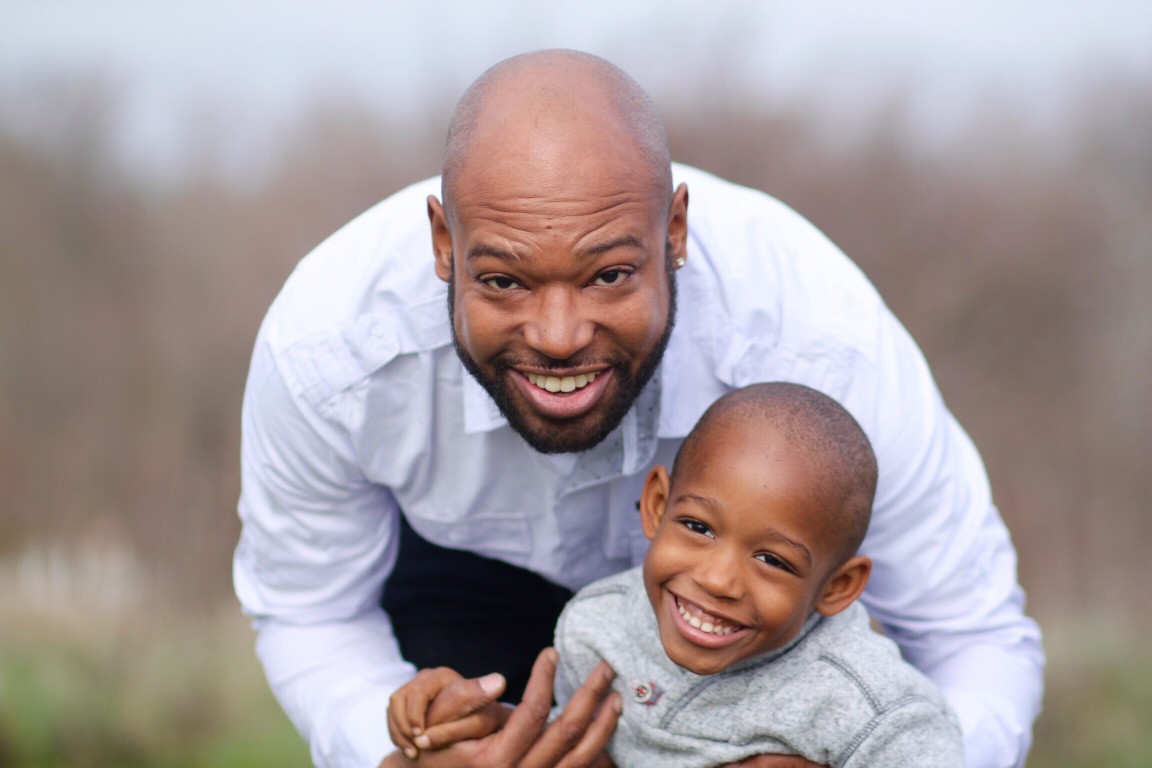How Reopening the Country Might Be Affecting Your Mental Health
 If you’re anxious, worried, or concerned about life after the coronavirus pandemic, you’re not alone.
If you’re anxious, worried, or concerned about life after the coronavirus pandemic, you’re not alone.
VeryWellMind talked with five mental health experts about the psychology of opening back up and how we can adapt to the new normal.
How to Manage Re-Entry Anxiety
“We have to think about this as a long-term strategy, over months or probably a year or so,” says Kevin Gilliland PsyD, a clinical psychologist and the executive director of Innovation 360. Take your time through the process and don’t let anyone make you feel like you have to be comfortable going back to normal right away.
Besides going at your own pace, a good place to start says Gilliland is to focus on the things you actually have control over,1 like your behavior in relation to the virus, since it’s the best strategy when we have uncertainty. This includes being factual and specific with your thoughts because worry hates that.
Why Seeing People in Masks Is Contributing to Re-Entry Anxiety
For many people, walking around in a mask surrounded by others wearing masks provokes feelings of fear and uncertainty.
Wearing or seeing someone wear a mask reminds us of the greater issue, which, Cynthia Catchings, LCSW-S, Talkspace therapist says our minds often react to immediately. “We can go into fight or flight mode, and living in this constant state of hyper-arousal affects us physically, mentally, and emotionally,” she adds. To minimize the effects of this hyper-arousal, Catchings recommends the following strategies:
- Practice mindfulness, deep breathing, or meditation
- Stick to regular bedtime and waking times
- Exercise during the day
- Don’t be afraid to use crying as a release since it may help to cope with anger
- Talk to an empathetic friend, family member, or therapist
- Journal or engage in creative art
- Practice deep breathing
- Use creative visioning and imagine yourself safe and healthy
Balancing the Need for Normalcy While Feeling Unsafe
As different parts of the country open up at their own speed, Allie Shapiro, MD says it’s important to realize that acting, feeling, and being normal is going to look different now. Even in places that are now open, or were never closed, to begin with, things look and feel different. “Knowing you have full control to keep yourself safe, can make accepting the change easier,” she says.
After all, it’s not the crowded space that is the source of danger, it’s the virus. “Wearing protective gear, like a mask, and staying vigilant, as we are now accustomed to doing, drastically reduces the risk of infection,” adds Shapiro.
Why It’s Normal to Feel Scared
The news and social media paint a picture of people feeling pure joy and elation about being out of quarantine. But what if you have mixed emotions about re-entry? Is it normal to still feel scared?
Yes, says Dayry Hulkow, primary therapist at Arete Recovery. “After all we’ve seen in the news during the pandemic and experienced in real life, feeling scared, stressed, and anxious is 100 percent valid,” she explains. That said, Hulkow does stress the importance of working through these feelings and exploring ways of coping.
Excerpted from “How Reopening the Country Might Be Affecting Your Mental Health” in VeryWellMind. Read the full article online.
Source: VeryWellMind | How Reopening the Country Might Be Affecting Your Mental Health, https://www.verywellmind.com/the-psychology-of-opening-back-up-4846410 |Ⓒ 2021 About, Inc.
image by pch.vector / Freepik
A screening can help you determine if you or someone you care about should contact a mental health professional. Care Managers can arrange a free 30-minute Care Consultation so you can explore options with an expert. Call or email our Care Managers at 650.688.3625 or careteam@chconline.org to set up an initial Consultation appointment.





